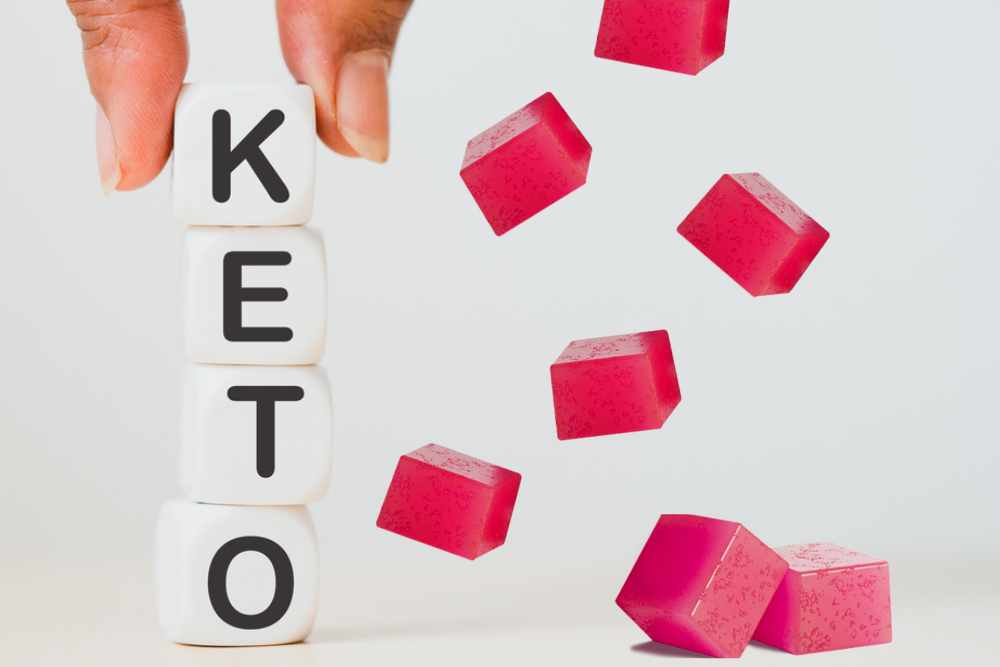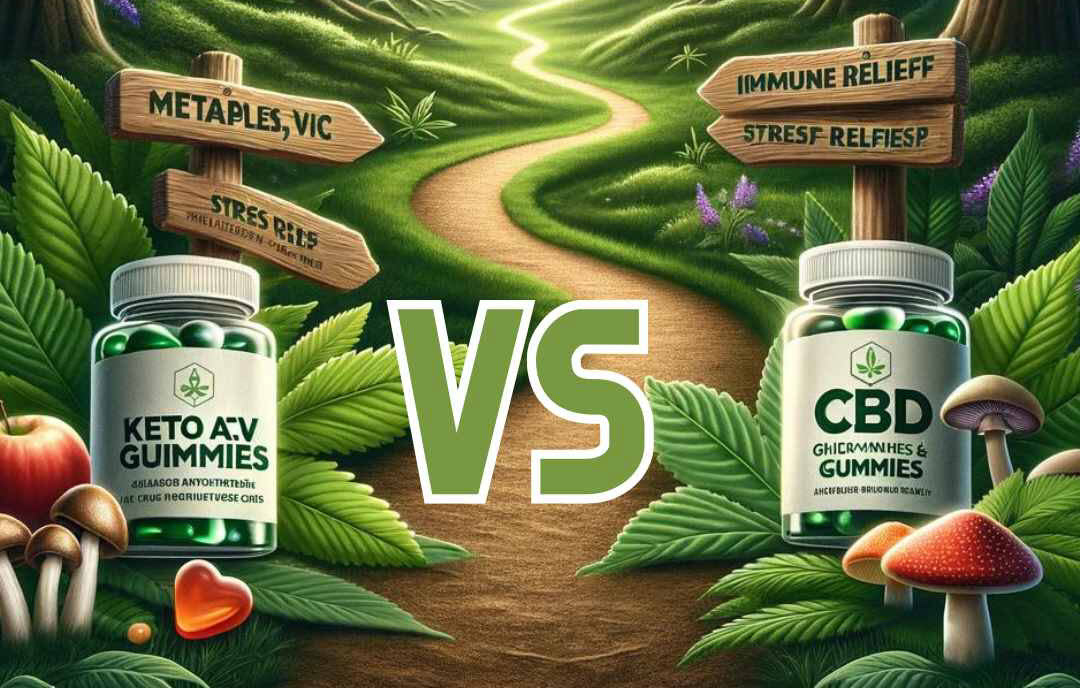CBD Lab Testing: What to Look For
You’ve done your homework, you’ve browsed through pages and pages of Google search results, you’ve clicked and unclicked tons of CBD products into your virtual cart, and you’ve finally found a CBD product that you’re interested in. Now what? Pull the purchase trigger? How do you know it’s a “good” CBD product? Is the price worth it?
Many reputable CBD brands and companies within the holistic health and wellness market pride themselves on their rigorous laboratory testing as being one of their key factors for success. So what does that look like? How can I find this on a company’s website? Is it easily accessible?
No need to worry, we’ll get into the logistics behind laboratory testing for cannabidiol (CBD) as well as how to find it, what it means, and how to break down these documents.
Let’s get to it!
Why Do Laboratory Testing for CBD?
Here, at Nanocraft, we truly believe that laboratory testing is a valid and reliable measure in which companies should be judged upon and be able to provide to potential customers easily.
Independent lab testing may be the “gold standard” for a successful CBD brand. After all, if a company is putting in the time and effort to have their CBD products and oils additionally tested for good measure and quality assessment, there’s something to be said in just that.

CBD laboratory testing can be done “in-house” and through third-partying laboratories. The difference between the two is that in-house laboratory testing may be done by the company itself, while third-party laboratory testing is done by a third party group, who has no bias of the products or company.
However, problems may come up if and when a brands claim to have tested all their products without actually have tested all their products. Unfortunately, and oftentimes, CBD companies rely on your inability to read their certificate of analysis or testing results to accurately understand the test results that may misrepresent their products. Hang tight, we’ll touch on this more below.
1. Quality Products, Quality Company
While the 2018 Farm Bill did legal industrial hemp, the cannabis industry is still largely unregulated, with no regulation or lawful oversight on the various products that CBD companies may offer.
This not only means that there’s no authority here, there’s no “big guy” investigating and looking into the CBD products’ safety and quality that companies are quickly producing.
There is also free rein for companies to misrepresent or stretch the truth on their CBD products. For example, since CBD is not yet regulated by the FDA, companies can have a product with 0.01% CBD oil in it and call it CBD oil, without needing to even prove the amount of CBD present. Kinda crummy if you ask me.
Even if a company does do in-house laboratory testing, it may be best to proceed with caution.
2. Holds Brands Accountable
This is why most reputable CBD companies (should) opt for third-party laboratory testing. If companies are able to do third-party laboratory testing, they should be able to publish their testing results online for user verification.
This ensures that you, as a consumer, can check for accurate CBD contents and ingredients in whichever product you’re interested in. For instance, you should be able to look for the list of cannabinoids and terpenes, the concentrations of these profiles, and assure that the product(s) are free from contaminants.
All in all, you should know what’s exactly in the product you’re purchasing as well as how much of each ingredient is in it as well.

How to Understand CBD Laboratory Testing Results
First and foremost, look up which laboratory facility has conducted the testing. It’s also important to look into when the testing was completed, as in looking for an actual date.
While some companies may take pride and responsibility in testing their products regularly, others may not test each and every batch.
Interested in learning more about breaking down the laboratory testing results? Click here.
What Does the Testing Process Look Like?
CBD products are typically extracted from the hemp plant, as hemp became federally legal in 2018, like we mentioned above. However, hemp-derived CBD is surely not the only ingredient included in the final CBD product.
For instance, CBD oil tinctures often have MCT oil, coconut oil, or sunflower seed oil as the main carrier. It is during this extraction and blending process that contaminants can seep in together.

Thus, products are usually tested at either of the two following stages:
- After the initial hemp extract is acquired
- After the final product is finished
Each of the two tests has its own merits, but rarely are tests conducted at both stages, every time.
When testing for the hemp extract, you should be able to find and read the full cannabinoid profile, terpenes, and flavonoids present. However, trace amounts of these compounds may not show up when testing the final product, as the compound may be so minor they may not be flagged. This is nothing to be alarmed by though, you can always ask the company about it if you are concerned.
WHY IS THIRD-PARTY LAB TESTING IMPORTANT?
When a new product or oil becomes readily available on the market, it can be difficult in determining whether it’s “good or bad” when there is such a lucrative market for CBD.
The lack of specific industry standards, guidelines, and regulations make it “easy” for companies to incorrectly label or describe products. They may only provide half the amount of information necessary to buyers.

Such an issue as this greatly affects not only the reliability of product quality, but it also deceives customers about the products they’re interested in and are paying for.
Thus, creating labeling regulations isn’t enough. In today’s day and age, consumers may not be necessarily paying attention to the product’s content when it comes to purchasing. Here’s where third-party lab testing come in clutch: they provide consumers a reliable, law-abiding CBD analysis from real labs and companies. These third-party documents delve into the true composition for each and every product.
SIGNS YOU SHOULDN’T PURCHASE PRODUCTS WITHOUT THIRD-PARTY TESTING
Here’s the realistic, not so glamorous, fun part of CBD product shopping.
Just to reiterate a bit, CBD is not yet regulated by the Food and Drug Administration (FDA). Thus, companies are free to make incorrect claims and mislabel their products at their discretion.
Even scarier to think about, some companies don’t do third-party lab testing, like at all. Think about it - you head to the internet, order a CBD product from a company you’ve never heard of, it arrives, and it doesn’t tell you what’s in it. You reach out to the company asking for their third-party lab information for that product and you get no answer.
Lab testing is the backbone to a company’s CBD products, without them there’s no foundation holding them up.
WHY CHOOSE NANOCRAFT CBD OILS AND PRODUCTS?
Here, at Nanocraft CBD, we make it easy for you to access our third-party laboratory testing information for each and every product. We even created a bold and clickable tab for consumers to open right under the CBD product’s description. We take immense pride in ensuring our products are of the highest quality, with no hiding ingredients insight.
![]()
We believe and stand by being fully transparent with our customers, as our CBD oils and products are designed to meet the athlete within all of us. No gimmicks, no games, no hidden agendas, just the necessary information you need when it comes to choosing a CBD product perfect for you.
CBD LAB TESTING: FINAL THOUGHTS
Now that you’ve got the “low down” on CBD third-party lab testing, you’re ready to dominate the internet, hunting down CBD sites and navigating through lab testing websites. Okay, maybe that’s a little intense, but you see where I’m going with this.
Anyways, at the end of the day, when all is said and done, we highly encourage and recommend you to ask for company’s lab testing credentials, reading through the cannabinoid profiles in their products, and ask questions. An educated and knowledgeable CBD consumer is one that sets themselves up for success, especially when it comes to using high-quality CBD products and oils.

Locating and reading through third-party lab results may seem daunting at first, but taking the extra time to ensure what you’re getting, down to the exact numbers of each ingredient, are well worth your end goal.
At Nanocraft CBD, we take pride in not only doing in-house testing but also third-party lab testing to ensure the quality of all our products is well above par. We test every production run for quality and potency. This makes sure that all of the cannabinoids, terpenes, essential fatty acids, and phytonutrients are consistent and pure.
Every batch goes through rigorous testing at one of the nations leading laboratories. When the batch passes, it receives a Certificate of Analysis and a Certificate of Quality Assurance that we make available to our customers. And here’s the great news for you: to date, not one batch has failed to meet our unprecedented testing standards!
What does all of this mean for you? You can use less of our product to achieve the same level of benefit as the products sold by most of our competitors. We think that’s a reason to celebrate.

* DISCLAIMER: The information in this article is for educational purposes only. It does not exploit or provide medical advice of any kind. Therefore, any reliance you place on the information below is strictly at your own risk. Please check with your medical provider before starting or changing a CBD routine.

- #cannabidiol
- #cbd
- #cbdforathletes
- #cbdoil
- #cbdproducts
- #hemp
Tagged under













No comments yet!
Be the first to comment